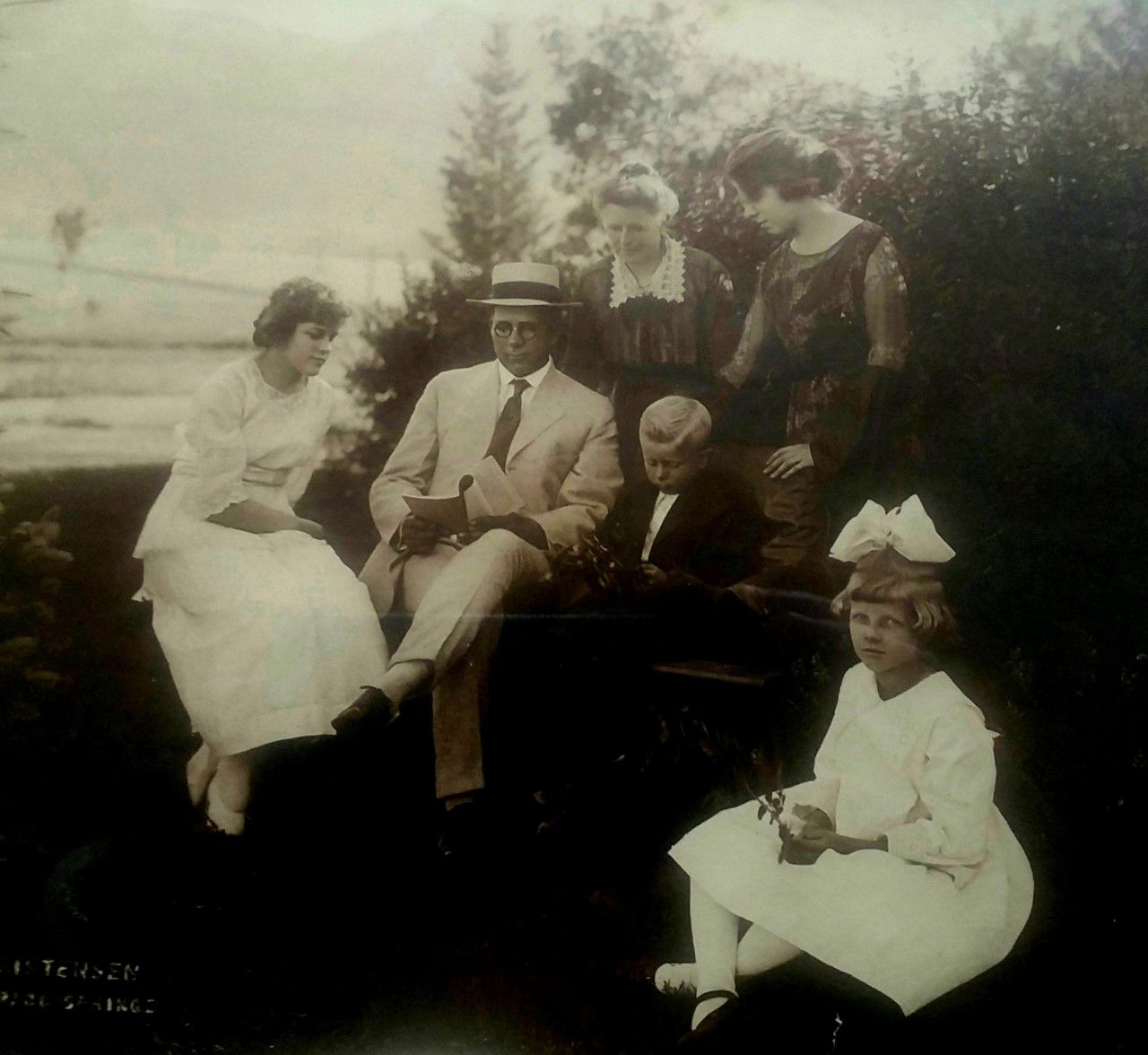Joe Rantz overcame childhood scarlet fever, abandonment and depression to become the oak-strong oarsman of the winning boat that shocked the world in the 1936 Berlin Olympics

In 1929, as the American economy crashed and one-quarter of the workforce was unemployed, Joe Rantz stood on the planks of a dilapidated porch and watched his father, stepmother and younger brothers drive away.
It was raining. Rantz was 15 years old. He had been taking care of himself for five years, tending his vegetable garden, sleeping at the schoolhouse where he chopped wood in exchange for a bed, and hauling heavy trays of dishes and food back and forth from the cookhouse to the work camp where the loggers took their meals. He had learned to forage food in the woods, skillfully swing hammers and axes, and sharpen buck saws.
He was self-sufficient. But it was a different matter to be entirely alone, his parents no longer able to take care of him. His father’s last words hung in his mind like the damp air around the unfinished clapboard house he was left with: “Look, son, if there’s one thing I’ve figured out about life, it’s that if you want to be happy, you have to learn how to be happy on your own.”
It was little consolation for a boy left with a can of bacon grease, a chunk of meat and a few eggs. The small town in the Pacific Northwest where Rantz was abandoned provided hard opportunities for work digging out stumps, de-barking logs and hacking irrigation ditches into the rocky soil. Rantz finished the house, learned to play the banjo and worked weekends driving draft horses that dragged massive logs he had felled in the woods. His formative years were spent in manual labor, living alone in the woods, and school years where he worked equally hard to make grades. But he yearned to be part of a family.
Rantz was in high school when rowing coach Alvin Ulbrickson stopped by looking for recruits for his team. He was impressed with Rantz’s strength in a gym class and left a card. The University of Washington had a strong rowing tradition. Coach Ulbrickson was always on the hunt for diamonds in the rough, and Rantz was exactly that.
Rantz had grown up by the strength of his back, but he had done no rowing. Still, he wanted to better himself by going to college. He worked extra hours with his shovel and axe, saved everything he could and showed up at the boathouse hoping to earn a scholarship. He was one of 175 freshmen competing for 80 spots. To make the varsity spot, Rantz would have to excel from the lower training boats to the junior varsity boat, where he could get noticed and hope to be selected for the top nine-man crew.
The training was brutal: early-morning rowing on icy cold water during snowstorms. Burning lungs aching for air and muscles so depleted they had to be willed to continue. Off days were spent cutting or dragging lumber. Summer work included hauling rock at a quarry.
Through it all, Rantz became the one person everyone could count on. The physical work didn’t seem to bother him. He was at home in the boat — the synchronization of oars and breathing, the pull of a common goal, the bond of brothers he finally had. There would be victories against all odds for the boys in the boat, including the gold medal in the 1936 Olympics. But when Rantz agreed to have his story told, he grasped the author’s hand and, with emotion in his voice, said: “Not just about me. It has to be about the boat.”
Determination carries us through the first part of the race. It is family that gets us over the finish line.
Photo by Jordy Chapman on Unsplash







